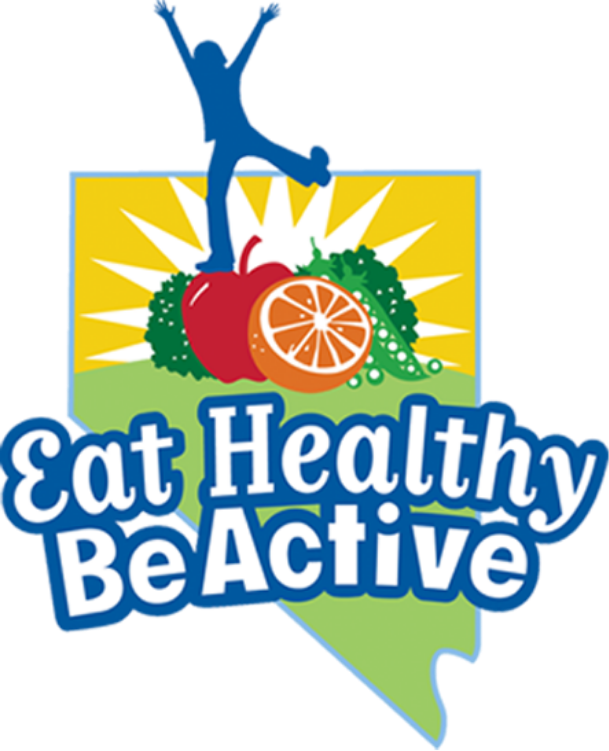The kids are out of school for the summer. Now what? We know it’s important for kids to be active, but in a digital world, it can be hard to have them put down the devices. Now is a good time to learn healthy habits, and maybe they will find an activity that they will love. The American Heart Association recommends that kids and teens, ages 6-17 get at least 60 minutes of moderate to vigorous physical activity every day.
Children are naturally active. As they grow into adolescents, they tend to become less active. This is especially true for girls, who may need even more support and encouragement to stay active. Don’t be surprised or disappointed if your kids’ interests shift or they lose interest in activities they used to love. Help them find other activities they can enjoy instead of becoming inactive.
Here are some tips that may help:
- Be a role model for an active lifestyle. Start moving more yourself and find ways to be active together as a family.
- Physical activity should be fun for children and adolescents. Encourage kids to keep trying activities to discover the ones they like and will stick with. Don’t use physical activity as a punishment.
- Reduce or limit sedentary screen time, including watching television, playing video games and using a digital device. Don’t use the TV or a device as a babysitter.
- Provide kids with opportunities to be active. Give them active toys and games, like bikes, skateboards, roller skates, scooters, jump ropes, balls and sports equipment.
- Support their participation in sports, dance and other active recreation like swimming, biking and running. Get familiar with community facilities near you, like pools, recreation centers, bike paths and parks.
- When safe, let them walk or bike places instead of always driving them in the car. For example, you could walk or bike to school or the bus stop together.
- If your child is very inactive now, start slowly. Increase the amount and intensity of activity gradually each week or so. This may help them avoid discomfort or injury and adjust to a more active lifestyle without becoming discouraged.
- Praise, rewards and encouragement help kids to stay active.
